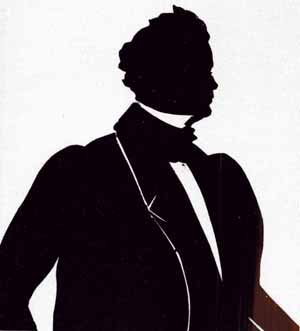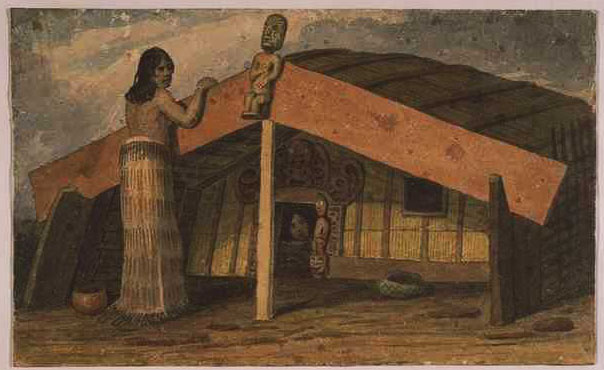
See Marsden and The Girls' War
 | See William Darby Brind See Marsden and The Girls' War |
| Ngapuhiwent A tribe
Principal chief: Rawa (Rewha), daughter cohabited with Brind |

| Great chief formerly Shunghee (Hongi).
The sister of his son, Hari Hungi (Hare Hongi), Presumably Hongi's daughter, cohabited with Brind. Hare Hongi, eldest son of Hongi Hika, was killed at Te Ikaranganui in 1825. |
| sister to Warepouka (Wharepoaka), said to cohabit with a man on board Toward Castle |
| Ururoa's tribe |
| Pa a fortification |
| Ngapuis (Ngapuhi), the attacking group |
| The following are the heads of the tribes who were in the action : Hari Hungi (Tahuwai), Ururoa, Moka (Ngatiwaki), Tupe, wounded (Ngaituhunga), Hengi, killed (Ngatirehua), Warepouka, Waikato (Hikutu), Rapa (UrioHua), Tepara, Taku (Ngatirangi). The above were the assailants. Six chiefs were killed, amongst whom were the late Shunghee's brother and also the brother of George of Wangarooa, who cut off the ship Boyd. Kewikewi (Uritaniwha), Watonga, Puketutu (Uriongonga), Kemokemo (Ngatirahiri), Motoi (Matohi), Temoranga (Te Morenga) (Urikapana), Tawirio, Pomare, Hihi. The following chiefs were neutral:Waikato, Tetore, Rewa (Rewha), Tohitapu, Waretomokia, Urinenui, Tonui, Wiwia (Whiwhia). |
| an old chief, Warenui (Wharenui) |
| Kewikewi's and Ururoa's camps, these being the two contending chiefs, |
| Tetore (Titore) and Tareha, two very powerful chiefs, |
| island of Motoroa (Moturoa), about five miles from Bay of Islands |
| Temoranga had been Marsden's constant companion |
| Mango and Kakaha, the two sons of Hengi, the chief of Takou, who was killed |
| Warenui (Wharenui), an old wise chief of consequence who had joined neither party |
| law of utu or retaliation |
| Kororareka, the battleground, |
| an old chief named Kopiti.He was once a man of great consequence, and still considers himself the greatest man in all New Zealand. His rank may be great, and no doubt is in point of family, but his power is now very small. Some years ago, when he first came to pay me a visit, on arriving alongside the vessel he said he wished to know if King George ever went on board a ship, because if King George, who was King of England, did not, he as King of New Zealand could not come on board, but would remain in his canoe. On the breaking out of the late war he fled immediately from his settlement and took up his residence upon a very small island in the Kidikidi River, with his family and some of his people. |
|
The New Zealanders have a strong belief in witchcraft, which they call makutu, and think that those persons who have the power to makutu can kill any person they choose by this art. When a person believes he is makutued he generally dies ; the dread of it has such an effect upon his mind. |
| Waikato, who had been in England, |
| In the late battle of Kororarika, which was fought on the sixth of last month, the proprietor of the place was the conqueror, yet afterwards, when the different points came to be discussed relative to making peace, in the ratification for peace it was stipulated that he should give up the place to the conquered as a payment, or a satisfaction, for the lives of their friends who had been slain in action, because the number of chiefs who had fallen in that party was greater than those who fell on the side of the conqueror, and accordingly they took possession of it and the original proprietor was obliged to remove with his tribe and friends to another station. |
| Paihia; Chapel at Kerikeri |
| Waimate: This is the place where the missionary who had a problem with seamen,built a great church. The CMS seems to have closed it |
| hakas They had several 'hakas (dances), when the ground trembled beneath their feet. |
| the overthrow of the Mission at Wangaroa in 1827 |